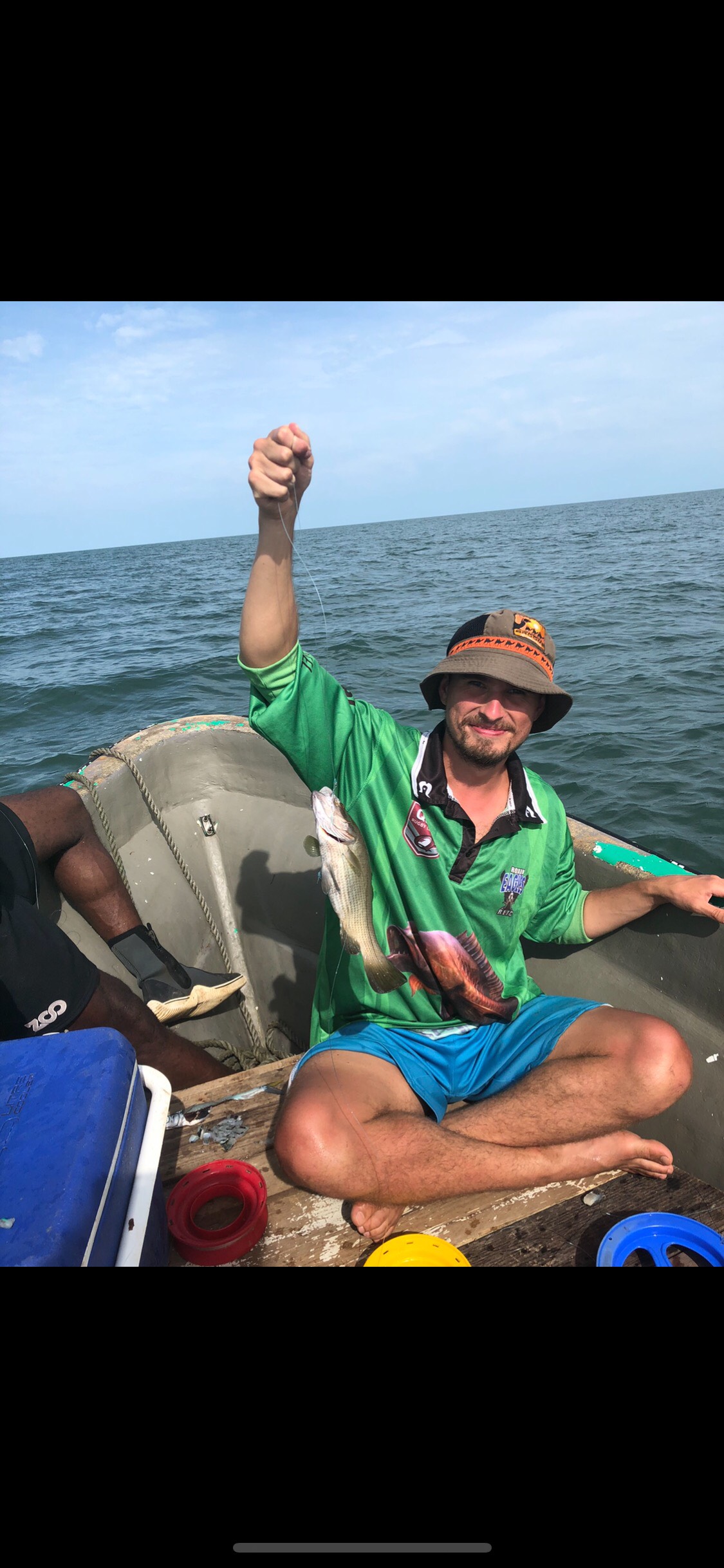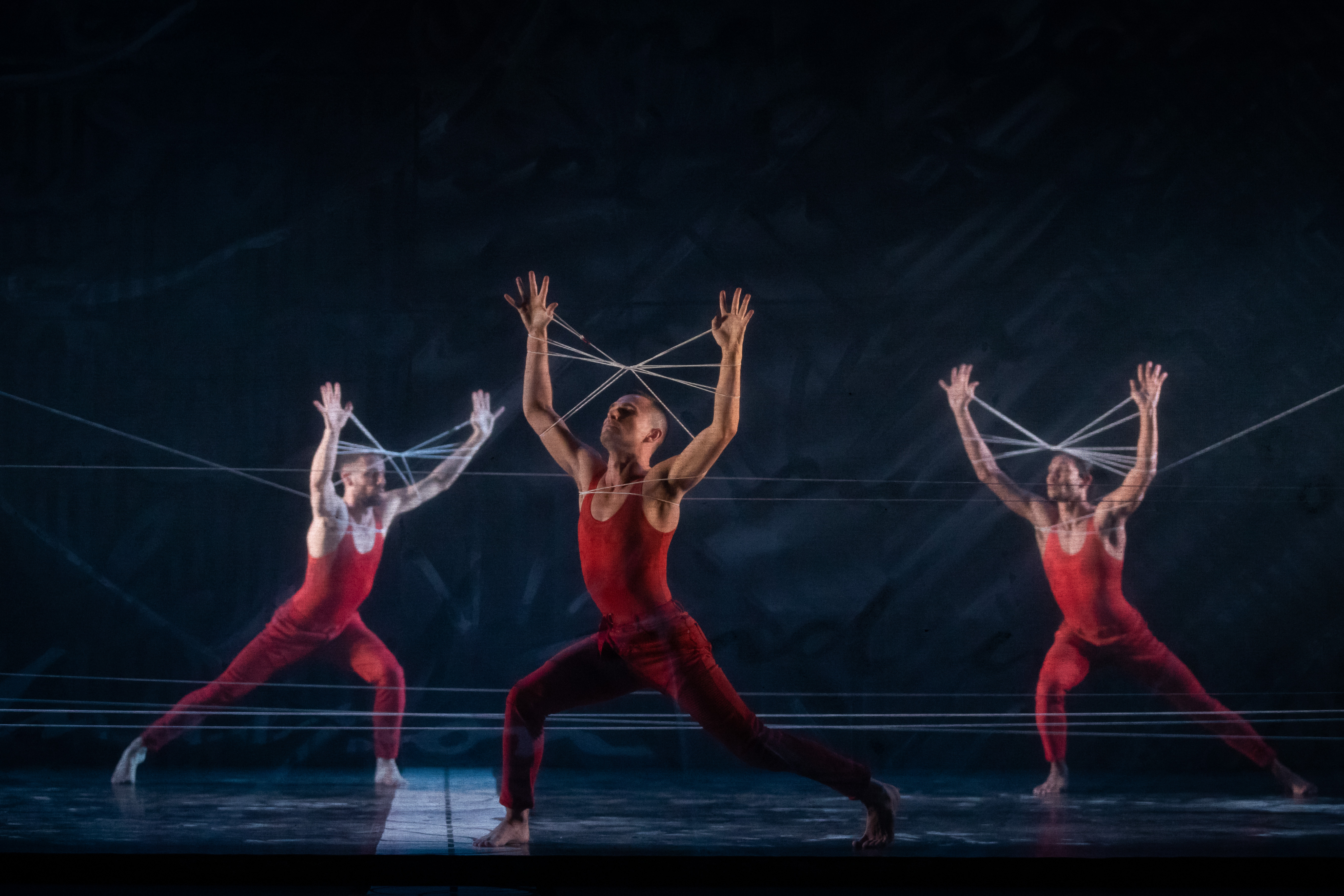NAIDOC Week is a national celebration of Aboriginal and Torres Strait Islander peoples, history and culture, and runs from July 8-14. Join the conversation #NAIDOC2024
As the National NAIDOC Principal Media Partner and official Education Partner, National NAIDOC Week will be celebrated across all SBS channels and platforms, including an exclusive NAIDOC collection of series and films available to stream on SBS On Demand and NAIDOC education resources via SBS Learn.
I grew up in Sydney but my family is from Saibai Island, which is in the Northern Torres Straits. My other bloodlines are from Mabaduan in Papua New Guinea’s (PNG) Western Province and Hanuabada, in PNG’s Central Province just outside Port Moresby.
From a young age, I always felt aware of the value of food. I have five sisters and together, we were regularly reminded to ‘eat everything on your whole plate’.
Sometimes we would be nearing the end of my dad’s pay and so until the next paycheque, we would have canned food. We were told to eat what we had in front of us because you may not have it in the next second.
What we look like is not important. What is important is our health and wellbeing.
As a dancer, I must eat the right foods to give me enough energy to carry me through my last step in the show.
People assume that it's optimal to be a lean dancer but that’s not the main goal of what we do at Bangarra. Our main goal is to tell the stories of this country, from around the country. To do that, [it’s important to acknowledge] there’s no such thing as the ‘perfect’ body type. I am the shortest male in the company and am stocky, but some males have a lean ballet body type. What we look like is not important. What is important is our health and wellbeing.

"...when I go home to Saibai Island, I’ll eat the fish I catch if I go out fishing. I go back there every few years. On that island, there’s only one small store and that’s it. So you have to do what you have to do to eat." (Image: supplied) Source: Supplied
Using food as my fuel
I have a good relationship with food. I’ve never bothered to count calories or carbs. I make sure I eat enough protein, grains and vegetables, and then I just eat according to how I feel, until I am full.
Recognising when I am full is something that I’ve had to work on over the years, because I was raised to always finish the food on my plate. But it’s also really bad not to listen to your body and overeat. So now I don’t force myself to eat. If I can’t finish a meal, I will have the food for later and eat only until I feel full.
I maintain a really colourful plant-based diet and fill my plate with vegetables and proteins of all different colours, so that I get a good spread of nutrients.
When I’m on tour, I follow a plant-based diet. My family comes from low standing islands [in the Pacific Ocean] with rising sea levels [so adopting a plant-based diet is how I play my part in promoting sustainability].
I maintain a colourful plant-based diet and fill my plate with vegetables and proteins of all different colours so that I get a good spread of nutrients.
But when I go home to Saibai Island or Hanuabada to visit family, I’ll eat the fish I catch if I go out fishing. On that island, there’s only one small store and that’s it. So you have to do what you have to do to eat.

"The one thing that most people get surprised by is that I consider myself an athlete yet I don’t eat meat. But it is definitely possible to be a dancer or another kind of athlete and follow a plant-based diet." (Image: Daniel Boud) Source: Daniel Boud
My day on a plate, while on tour
I usually do intermittent fasting. It really works for me. This style of eating also connects me to our hunting ancestors, who were never eating all of the time, like we are now.
So when I am on tour, I fast in the mornings and only drink water up until our lunch break, which is usually around 1 pm. For lunch, I might buy a packet of shredded beetroot, carrot, broccoli and purple cabbage. I will have that with a bit of tempeh, hummus and quinoa. I put it in a wrap or a bowl to eat. I may have some fruit at around 4 pm. Then at 5.30pm, we usually eat dinner.
Sometimes, I’ll have a bowl of steamed veggies for dinner because I don’t like eating anything heavy just before a show. After the show, which starts at 7.30pm, I might have a quick meal of black beans and rice.
I eat to nourish my body and respect it. If you treat your body with respect, then you treat other people, the environment and the world with respect.
On my weekends, I might go to a café or restaurant. I like Vietnamese and Chinese cuisine, as it’s so easy to go to those restaurants and order a plant-based meal.
Even though I fast every day, if a friend came to me on a weekend and said ‘let’s go and get breakfast’, I’d go. Otherwise, I would resent my lifestyle choices and I don’t want to feel like I am missing out. I believe it’s important to strike a good balance between my mental and physical health, and the lifestyle choices I have made.
The one thing that most people get surprised by is that I consider myself an athlete yet I don’t eat meat. But it is possible to be a dancer or another kind of athlete and follow a plant-based diet.
I eat to nourish my body and respect it. If you treat your body with respect, then you treat other people, the environment and the world with respect.





